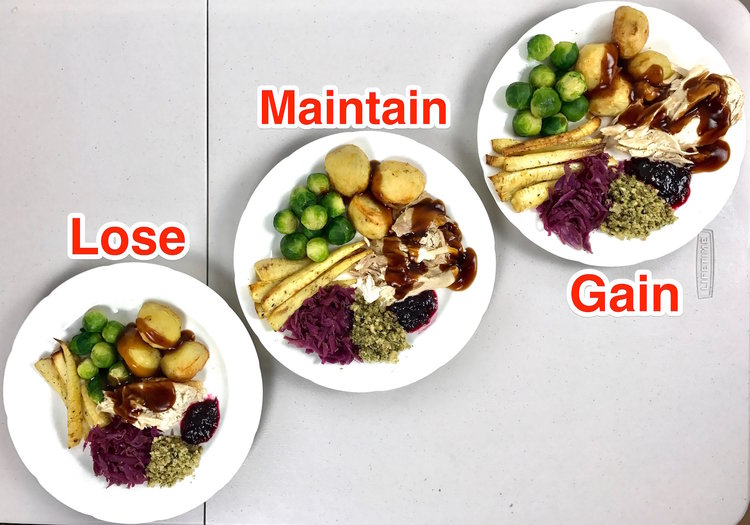Do you give your body the best fuel so it can perform as you want, or do you fill it up with the “cheap stuff?”
Do you view food as enjoyment or as medicine? The good news: you can have fun eating and still maintain low bodyfat.
Eating for Health, Not Starvation
Many women eat too little, fearing weight gain. Our culture’s obsession with thinness causes even normal-weight women to believe they are fat. This semi-starvation mindset can lead to nutritional deficiencies, especially in women. It’s time to ditch the scale and prioritize health.
The Dangers of Chronic Undereating
Even without fad diets, long-term calorie restriction can lead to:
- Obsession with food and body weight
- A constant sense of deprivation
- Weight cycling
- Binge eating followed by guilt
- Low self-esteem
Food becomes the enemy. Mealtime becomes a battlefield. Not surprisingly, fatigue is often linked to poor eating habits.
How to Calculate Your Calorie Needs
Fueling your body properly is essential for fat loss support, strength, and long-term success. Here’s a simple way to calculate how much food you actually need:
- Step 1: Multiply your weight by 10 (e.g., 130 × 10 = 1300). This is your basal calorie need.
- Step 2: Add half that number for regular activity (1300 + 650 = 1950).
- Step 3: If you exercise daily, add another 200–300 calories (1950 + 200 = 2150).
This may sound like a lot, but it supports energy, muscle preservation, and long-term results. Note: This formula may not apply if you’ve been severely dieting or maintaining a low weight for long periods.
What Should You Eat?
Now that you know how much food your body needs, the next question is what to eat:
- Eat three healthy, balanced meals daily
- Limit processed fat, sugar, and salt
- Increase complex carbohydrates like oats, quinoa, and legumes
- Focus on nutrient-dense vegetables — they give you more nutrients for fewer calories
Nutrient Density Over Dieting
For sustainable energy and satiety, opt for carbohydrate-rich meals with some protein and a bit of healthy fat. A good plan never eliminates entire food groups and relies on food you can buy at your regular grocery store.
Start with small steps — this is how real change happens. Eating awareness means honoring your body’s needs with the right fuel, not just fewer calories.
For deeper insight into nutrient-dense foods and performance and recovery, explore our educational content to guide smarter nutrition strategies.

